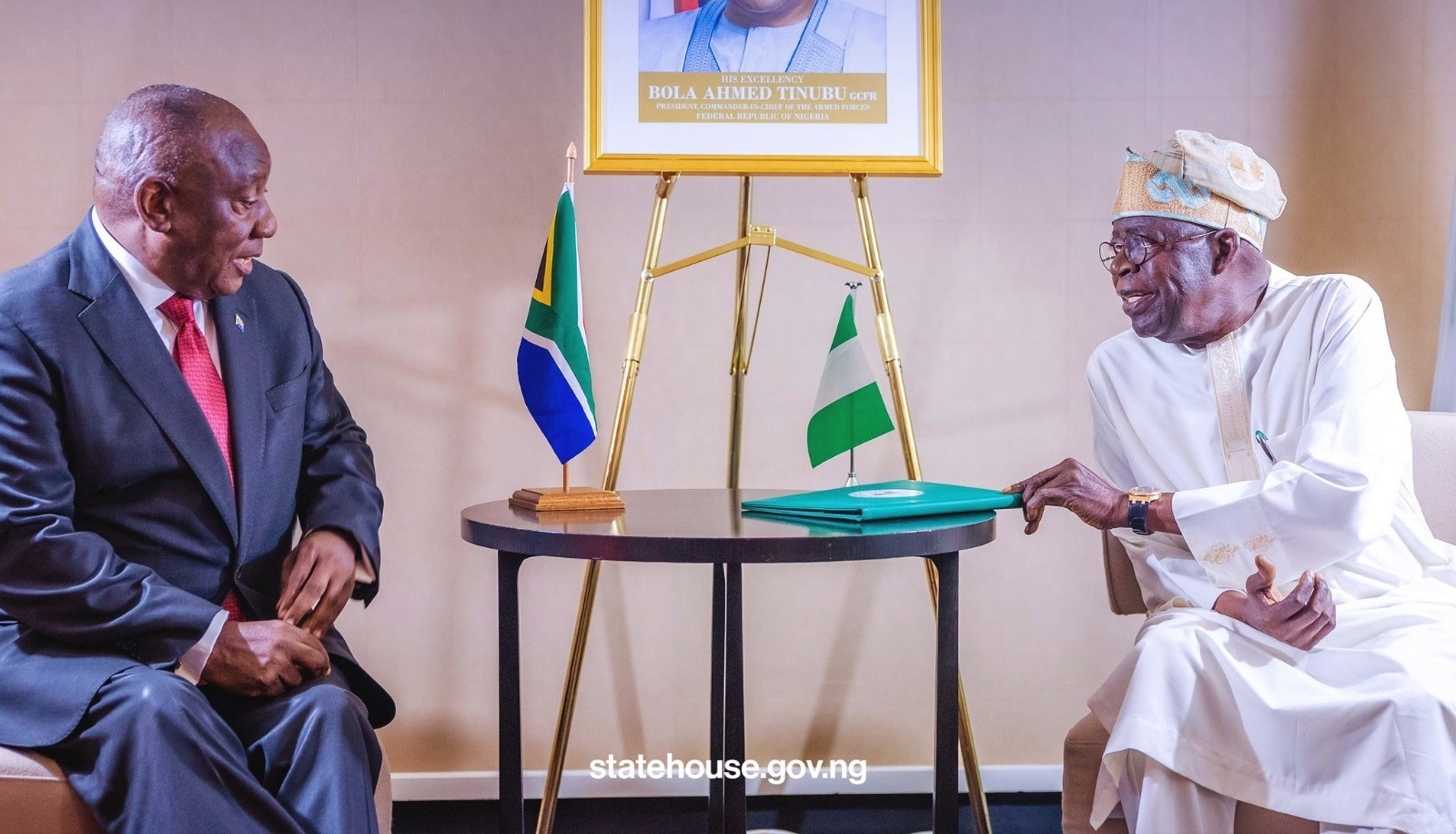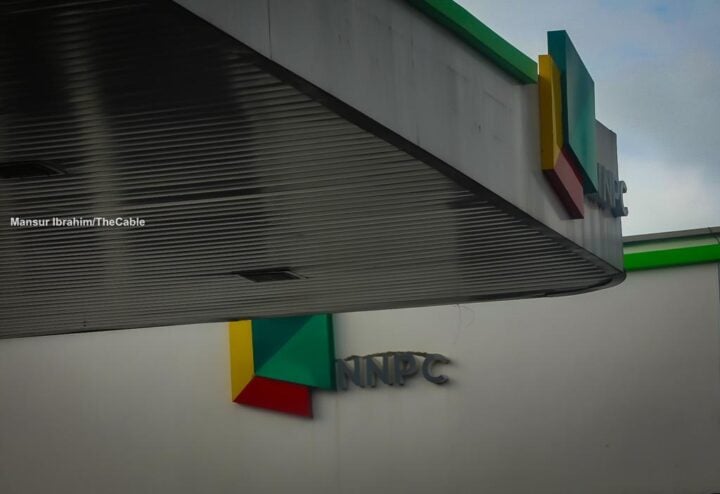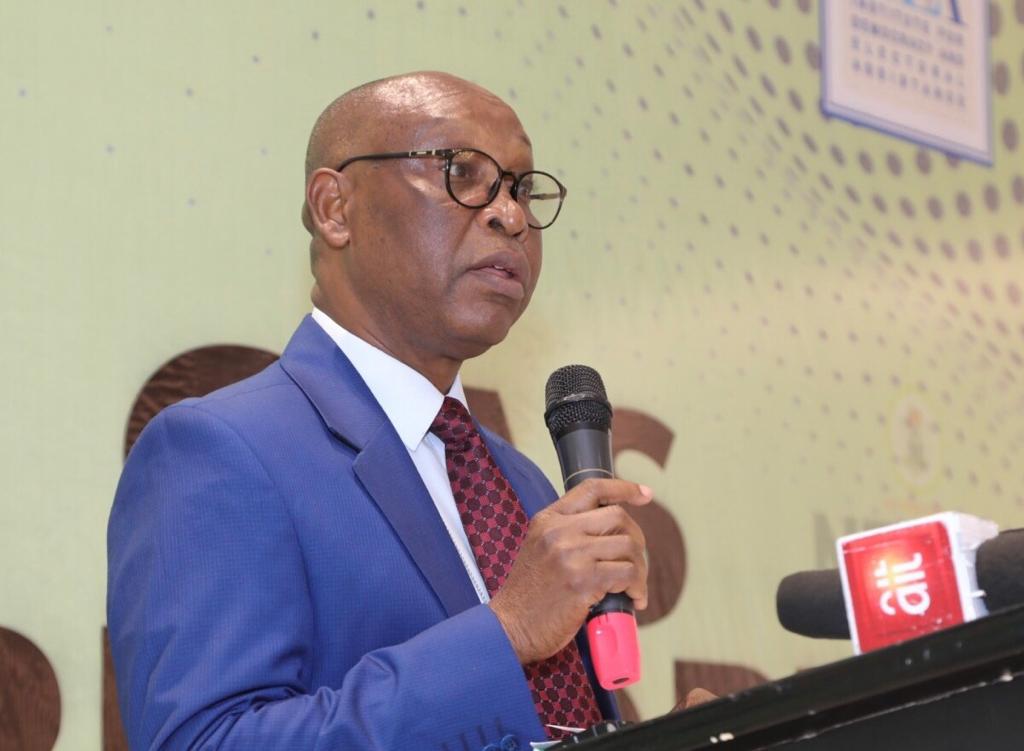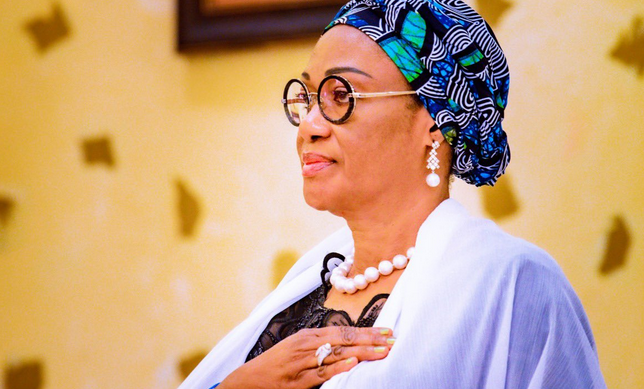President Bola Tinubu has asked Cyril Ramaphosa, South Africa’s president, to deepen the economic relations of both countries.
Tinubu spoke on Monday after meeting the South African leader in New York, ahead of the 78th United Nations General Assembly (UNGA).
According to a statement issued by Ajuri Ngelale, special adviser to the president on media and publicity, Tinubu said Nigeria and South Africa have the potential to improve Africa’s economic outlook when they partner effectively.
“We have all the human and natural resources required between our nations. We can collaborate in a mutually beneficial way that enriches our populations,” the statement quoted the president as saying.
Advertisement
“South African Mining industries have a role to play in the Nigerian solid minerals development sector. Your business community has done well in Nigerian Telecommunications.
“We have great mineral wealth across our land, and you have good expertise in this area. We expect to deliver jobs and mutually beneficial results in this area as brother and sister countries.”
On his part, Ramaphosa applauded Tinubu’s “brave” economic reforms, and agreed that an intentional partnership between both countries will boost their respective economies.
Advertisement
“We are two major economies on our continent, and it is important that we deepen economic ties, particularly in light of the African Continental Free Trade Agreement,” the South African president said.
“We are very keen on the deepening of our economic relations.
“We would love to see Nigeria and South Africa working closely together on a number of issues because whenever we join hands, we have made an impact globally through those joint positions.
“Together, we can move the global south forward. We are a continent that has been plundered. And wealthy nations made so much of it from us, and we must seek out partners who will help us to advance our own interests.”
Advertisement
Ramaphosa also hailed Tinubu’s leadership of the Economic Community of West African States (ECOWAS), saying Southern Africa needs to emulate the solidarity being demonstrated in West Africa.
“We believe that we have a lot to learn from ECOWAS and its unity in reaching consensus positions on sub-regional matters. This is something we seek to emulate in the Southern African sub-region in view of events in Mozambique and other areas,” Ramaphosa said.
Ramaphosa also invited Tinubu to South Africa, following Ramaphosa’s recent visit to Nigeria, as part of efforts to deepen economic ties and the broader relationship between both countries.
While accepting the invitation, Tinubu noted that Africa must oversee its resources to ensure maximum economic returns.
Advertisement
“Our continent is the last untapped ground for accelerated, massive growth and new economic opportunity on earth,” Tinubu said.
“We must be in charge of our own resources, and we must work to use each other effectively to achieve what is best for all of us, Mr. President.
Advertisement
“We look forward to an era of economically productive relationship.”
‘NO DEMOCRACY ON HUNGRY STOMACH’
Advertisement
Tinubu also spoke on the state of democracy in Africa.
“During the end of the Second World War, the Marshall Plan was established for the reconstruction and economic restoration of European nations through Bretton Woods institutions,” the statement quoted Tinubu as saying.
Advertisement
“Where has this presence been for Africa? We have to be careful not to replace the broken shackle of yesterday with a new set of shackles.
“You cannot have a stable democracy in the presence of a poverty of knowledge and a starvation of people.
“Democracy without food on the table is a breeding ground for what will consume us, if care is not taken.
“We must join hands and agree that International Finance Institutions require reform as Africa is not to be a ground for economic scavenging any longer, but it is a place with gifted people that is ready for investment and cooperation.”
Tinubu said Africa must reach a consensus that the hundreds of billions of dollars invested in the continent over the years must meet the specific needs of developing democracies.
Add a comment






